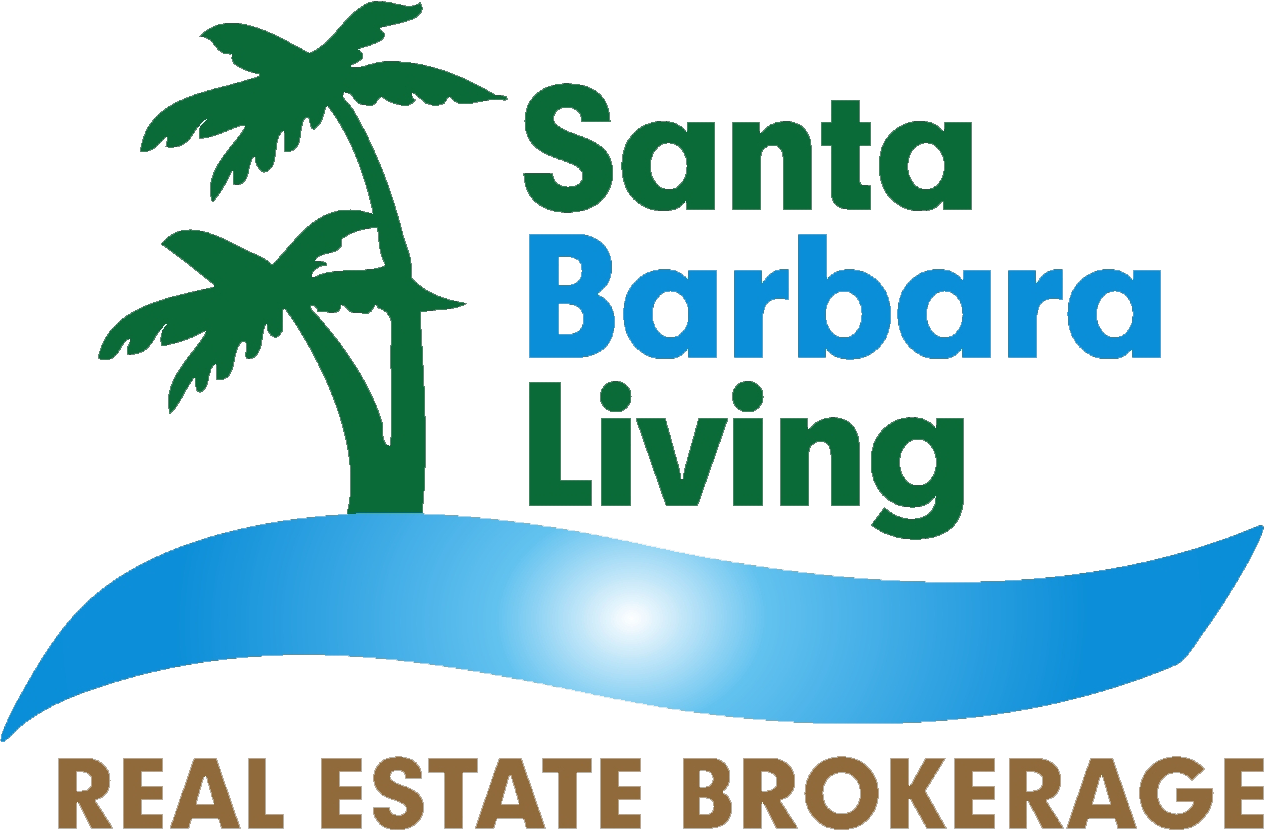Is It Time to Refinance Your Adjustable-Rate Mortgage?
By Scott Sheldon
January 8, 2016
A variable- or adjustable-rate mortgage is a loan in which the interest rate is subject to change according to market fluctuations and terms. (A fixed-rate mortgage, on the other hand, offers flat payments throughout the term of the loan.)
Given the Federal Reserve's recent decision to raise interest rates, some consumers with ARMs may be thinking about refinancing. Here are four prudent factors to weigh if you're considering a move to a fixed-rate loan.
1. The duration of your introductory rate
Most ARMs are fixed for the first few years in the introductory period, and then they become variable for the remainder of the loan term. Loan types generally include fixed-rate teaser periods of 3, 5, 7, and 10 years. For example, an ARM with a five-year fixed rate has a fixed-rate principal and interest payment on a 30-year amortization for the first 60 months of the loan. After that, the loan becomes adjustable based on an index and a margin.
If you have little time left on your loan's introductory period (say one to two years), moving into a fixed-rate loan could be a favorable move, considering 30-year rates are currently hovering in the 4% range. The longer introductory period you have remaining, the less motivation you might have to refinance, as "riding it out" may be more optimal for the undecided. However, you are basing the largest liability of your life on the unknown-a big gamble indeed if you have any remote apprehension about the future of your loan payment.
2. The size of your adjusted payment
Most people who have ARMs typically need the money for only a short period of time. They may be selling the property, for example, or their financial circumstances may face an imminent change. In these cases, it doesn't really matter if the loan is going to be adjusting since the borrower may not have the loan long enough to weather the adjustment anyway.
But life doesn't always go according to plan. If the loan is going to adjust, you should be asking yourself, "Can I handle this?" You can determine affordability by referring to the terms of your original note (the papers that you signed at closing). This paperwork will have the introductory teaser period, the index (variable-rate component), and the margin (lender's profit) on the loan, which will spell out how much the interest rate can change.
3. How long you plan to hold the property
Do you plan to keep the property before the adjustment occurs? Or is the plan to sell the property or refinance where you would be exposed to little or no changes in the interest rate and subsequent payment change? If you don't know how long you're going to hold the property for and the unknown of the future rates keeps you up at night, it's in your best interest to refinance. On the other hand, if you have three years left on your 5/1 ARM and you know your property is going to be sold in the next one to two years, refinancing may not be necessary.
One caveat is if the property in question is a rental property. Moving to a fixed-rate loan on the rental could be a more favorable approach if you intend on keeping the property or have to get a certain price on the market in order to justify selling it. A 30-year fixed-rate loan is significantly easier to project cash flows around than a potentially changing loan payment down the line.
4. Your current loan balance
Your loan balance at the time your loan adjusts could be minimal. For example, if you owe something like $150,000 on your house and your loan payment adjusts, that type of scenario is far different than a loan size at $400,000 adjusting, all other things equal. Another important factor to consider is your income. If your income has risen since you took out your adjustable-rate loan, and you can handle a larger mortgage payment in the introductory period, it's almost always considered a smart move to take extra money and prepay your principal balance. Doing so on an adjustable-rate loan will benefit you in a few ways:
If you do refinance in the future, you will be borrowing less, a nice hedge against higher rates should longer-term rates be higher.
Prepaying your current mortgage reduces the amount of interest you'll pay over time.
Keep in mind, the interest rates you are offered will vary, depending on how good your credit score is. You can check your credit by viewing your free credit report summary, updated each month, on Credit.com.
Generally, refinancing from an adjustable-rate to a fixed-rate loan is considered a safe bet. Your scenario and financial goals should be the best guide in helping you determine what's in your best interests.
Source: Realtor.com
